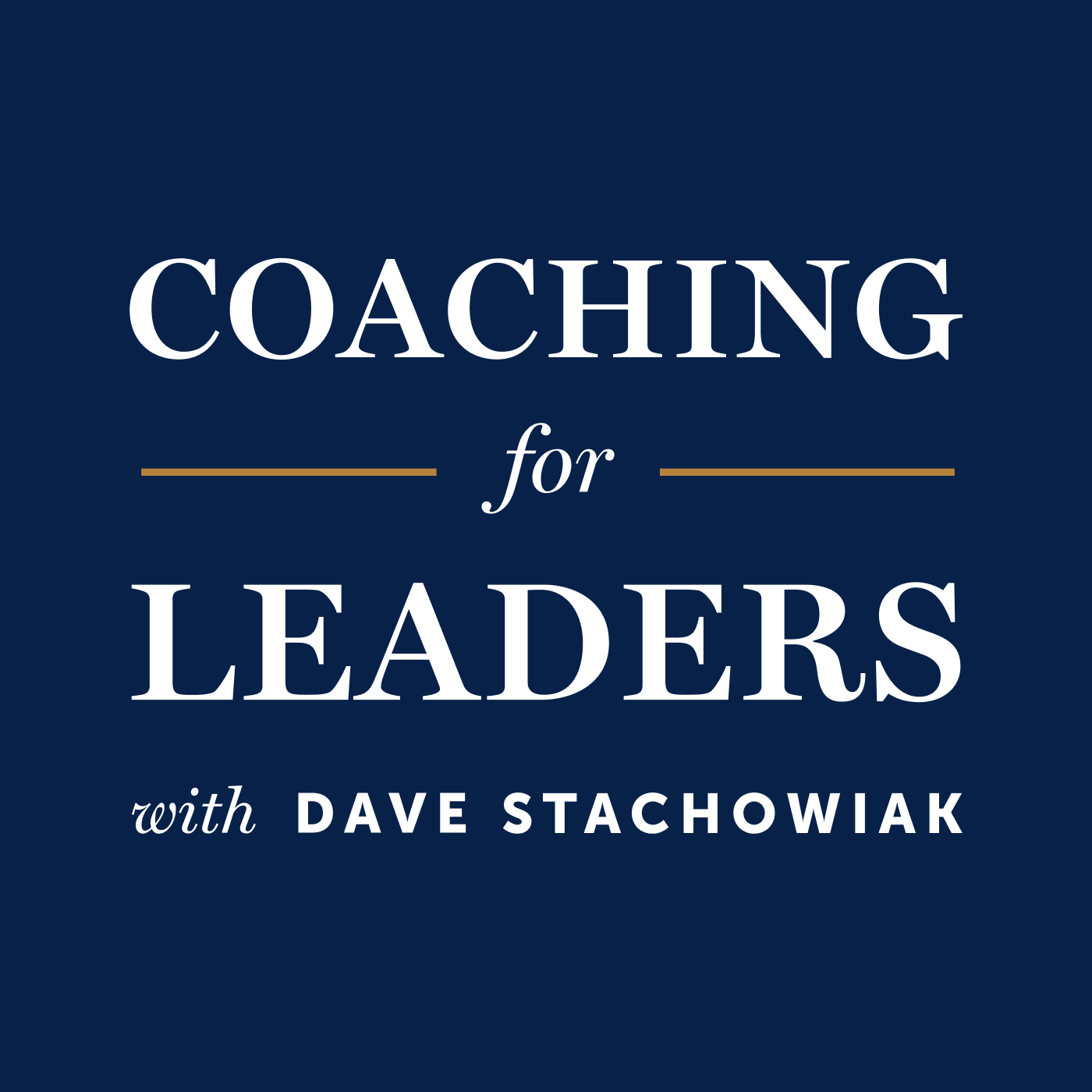

…
Coaching for Leaders
Leaders aren’t born; they’re made. Many leaders reach points in their careers where what worked yesterday doesn’t work today. This Monday show helps leaders thrive at these key inflection points. Independently produced weekly since 2011, Dr. Dave Stachowiak shares insights from a decade of leading a global leadership academy, plus more than 15 years of leadership at Dale Carnegie. Bestselling authors, proven leaders, expert thinkers, and deep conversation have attracted 50 million downloads and over 300,000 followers. Join the FREE membership to search the entire leadership and management library by topic at CoachingforLeaders.com
Leaders aren’t born; they’re made. Many leaders reach points in their careers where what worked yesterday doesn’t work today. This Monday show helps leaders thrive at these key inflection points. Independently produced weekly since 2011, Dr. Dave Stachowiak shares insights from a decade of leading a global leadership academy, plus more than 15 years of leadership at Dale Carnegie. Bestselling authors, proven leaders, expert thinkers, and deep conversation have attracted 50 million downloads and over 300,000 followers. Join the FREE membership to search the entire leadership and management library by topic at CoachingforLeaders.com
Progress
Duration
Release Date